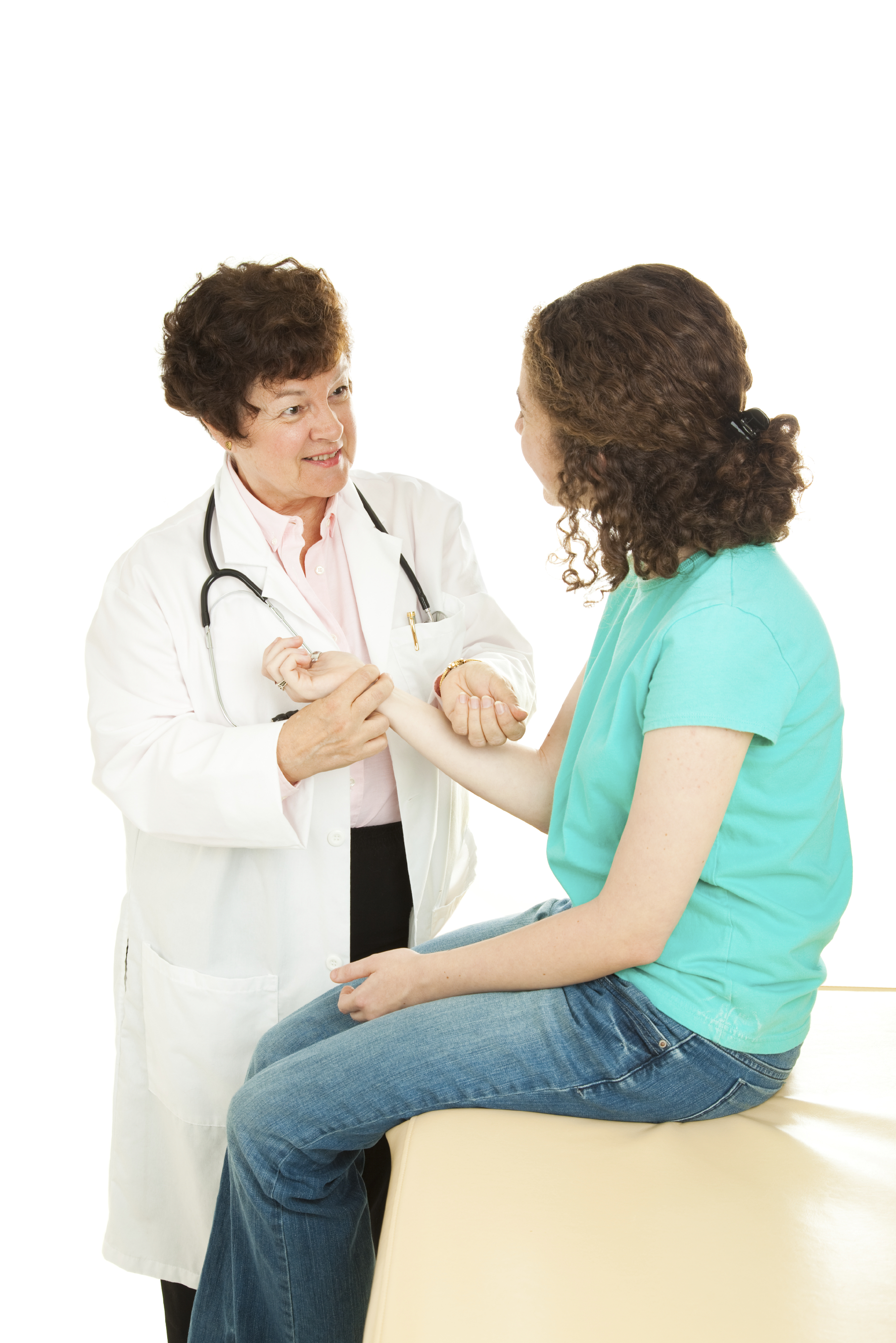
Every woman aims to have a healthy life and for that while it is important to make room for regular exercises, right nutrition, and a stress-free life, what’s most important is the routine health screenings that all women should do once they reach in their 30s.As we get ready to Celebrate International Women’s Day On March 8 here’s The Key to a lifetime of good health.
Heart
If you thought that cardiovascular diseases are only affecting men, then it is time to clear the misconceptions. Statistics claim that in the United States, 1 in 4 women die from heart disease every year. Women who die from sudden cardiac death often have no symptoms or their symptoms have remained undetected. Hence it becomes very important to go for a screening. Women who have a family history of hypertension or any other heart related disease and are overweight should do the screening early. For the others if they experience any kind of chest pain, unnatural fatigue or shortness of breath should see a cardiologist.
Blood pressure is one of the first tests to be done when you see a cardiologist. Ideal blood pressure for women is 120/80 mmHg. Anything more than that is a sign of hypertension. Other than that the doctor advises for a stress test and Echogram to evaluate the functioning of the heart. If any irregularity is found in the heartbeat or pulse rate it needs to be treated.
Mammogram
According to World Health Organisation (WHO) breast cancer is the top cancer in women both in the developed and the developing world. The incidence of breast cancer is increasing in the developing world owing to increase life expectancy, increase in urbanisation and adoption of western lifestyles. Hence screening of breast cancer should be on top of the priority list during health checkups. By 30, you should have a mammogram done once a year by standard X-ray. If an abnormality is detected the doctor may ask you to undergo a breast ultrasound or in some cases a breast MRI. These tests can determine whether a lump is a solid mass and if a biopsy is necessary.
Osteoporosis
Millions of women are at risk for osteoporosis. This crippling weakness of the bones is commonly found in women especially after menopause. The common signs of osteoporosis is sloppy shoulders, curve in the back, height loss, back pain, hunched posture, and protruding abdomen. To find out if you have weak bones a bone density test should be done. This tells us how strong or fragile your bones are. A bone density test is often done after 65 years. But before reaching that age women must remember that the best way to avoid fragile bone is to build it stronger and it is important to include more calcium in your diet.
Body Mass Index
A full yearly physical examination includes measurements of your height and weight and a calculation of your body mass index (BMI). You can also calculate your BMI at home using an online BMI calculator. BMI indicates obesity, which can assess the risk of serious health conditions like diabetes and heart disease.
Comprehensive Eye Test
Even if your vision is good, you need a basic eye test by age 30 and then every year. If glaucoma runs in your family, if you have a risk factor, such as diabetes; or if you use steroids you must go for regular eye check up. Your ophthalmologist will check the pressure in your eyes. Elevated pressure is a symptom of glaucoma. He will examine your eyelids, eye linings, and pupils for abnormalities; your optic nerve for signs of brain tumours; your corneas and irises for problems; your lenses for cataracts; and your retinas for signs of macular degeneration, a deterioration of retinal cells.
Lipid Profile
One of the most effective ways to track your heart-disease risk is to check your cholesterol levels. Elevated cholesterol not only raises your odds of a heart attack or stroke but also has been linked to gallbladder disease.
If you are 30 or older, have a family history of heart disease, or have a total cholesterol level of over 200, get an annual screening.
A comprehensive lipoprotein profile measures the total cholesterol in your blood, including “bad” LDL (low-density lipoprotein) cholesterol, “good” HDL (high-density lipoprotein) cholesterol, and triglycerides. If you’re at risk for heart disease, some doctors may test your apoB levels, a measure of fat particles in the blood.
Pap Smear
It’s the tried-and-true way to detect cervical cancer in time to treat it effectively. According to the American Cancer Society, over the past 50 years, the death rate from this disease has declined by more than 74 per cent, thanks to the Pap smear. A Pap smear is a swab of cells from your cervix which is sent to a lab to be tested for any abnormalities.
Diabetes
Women who are obese or who have high cholesterol, hypertension, frequent thirst, frequent urination, fatigue, blurry vision, or a family history of diabetes must go for blood sugar test. Your doctor will order blood tests to measure your blood glucose levels after fasting. Do this test annually even if your first test results are normal.
Thyroid Problems
People with a family history of thyroid disorders or those who suddenly suffer from fatigue, weight gain (or loss), and depression should go for this test.
A blood test that checks the levels of thyroid-stimulating hormone (TSH). Low levels typically indicate an overactive thyroid; high levels, an underactive one.